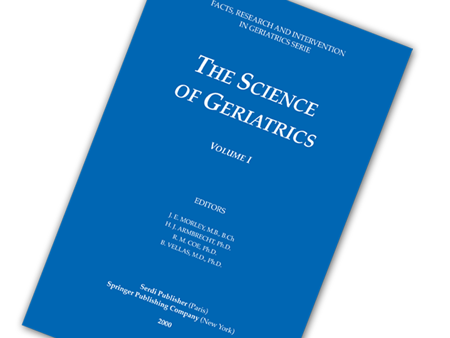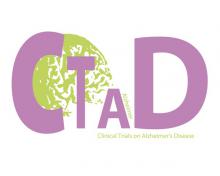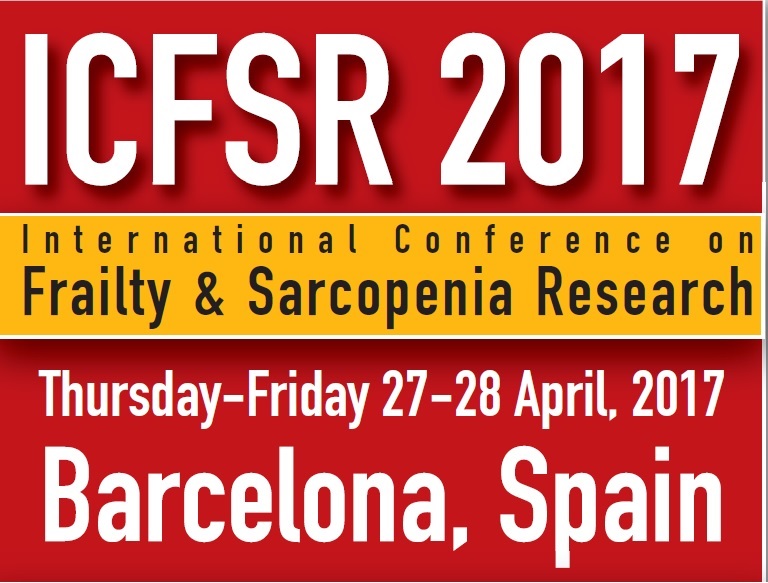The number of people living in long-term care (LTC) facilities has been rising in many parts of the world, and most current residents will end their lives in LTC facilities. The perceptions of residential care and practices in most current research of nursing homes (NHs) in Taiwan are based on evidence from an ego-centric rather than socio-cultural-centric model. Objectives: This study was designed to address the overlooked cultural aspect in NHs research and thereby advance understanding of how the NH staff in an East Asian setting perceive NH resident death and dying. Design: A qualitative study was designed in line with the hermeneutic phenomenological method. Data were collected via in-depth semi-structured interviews. Setting: The research was conducted in five hospital affiliated nursing homes and seven independent nursing homes in central and southern Taiwan. Participants: Through purposive sampling, twenty-five participants were recruited for interview, twelve registered nurses (RNs) and thirteen nursing aides (NAs). Measurements: An interview guide was used to produce the digitally-recorded contents, which was then transcribed verbatim and translated. The hermeneutic phenomenological analysis was conducted such that authors went back and forth through every interview text (parts) and the research questions (whole) until they reached a comprehensive understanding of the subject matter in terms of reduced, emerging themes. Results: Four themes were identified in the data analysis. They were ‘impact of a resident’s death,’ ‘reflections on entangled feelings,’ ‘insufficiencies.’ and ‘tremendous pressure of informing death.’ Conclusion: This qualitative study confirmed previous findings of non-Asian studies about the significance of ‘assessment of dying’ and ‘family communication’ in quality NH care. In addition, NH nurses were in need of palliative training in dying care. The nurses’ felt pressure due to family requests to send residents home for their ‘last breath,’ which was both the nurses’ most challenging work of care and the most culturally grounded aspect of it.
(1) S.L. Tsai, J.F. Stocker, C.H. Tsai, S.H. Yeh Jour Nursing Home Res 2019;5:1-7



